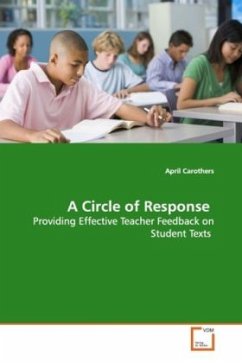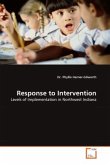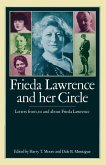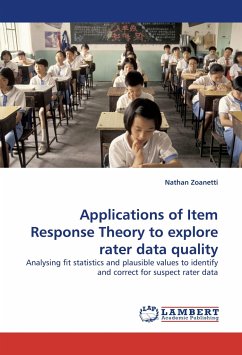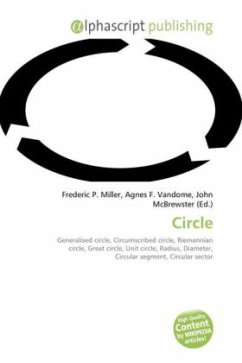Anyone in the educational field who assigns papers
knows that it will be necessary to write comments on
the work that results, comments meant to guide
students toward improved writing and thinking.
Stress results when instructors are uncertain of
what kind of feedback to give. Errors are the first
to demand attention, yet every handbook on
responding advises that we as teachers focus on the
content of a student s paper first. We are also
advised to encourage students to find their own
voices and authority, yet we know that we must teach
them what academic language looks and sounds like.
We are told to empower students, yet we are
responsible for giving them a grade for the class
and making sure they meet course outcomes. This work
offers an approach to response that can help
instructors embrace these tensions and provide
effective, useful comments that give students what
they need most: a sense of what it means to be a
member of the academic community, and a sense of
themselves as writers.
knows that it will be necessary to write comments on
the work that results, comments meant to guide
students toward improved writing and thinking.
Stress results when instructors are uncertain of
what kind of feedback to give. Errors are the first
to demand attention, yet every handbook on
responding advises that we as teachers focus on the
content of a student s paper first. We are also
advised to encourage students to find their own
voices and authority, yet we know that we must teach
them what academic language looks and sounds like.
We are told to empower students, yet we are
responsible for giving them a grade for the class
and making sure they meet course outcomes. This work
offers an approach to response that can help
instructors embrace these tensions and provide
effective, useful comments that give students what
they need most: a sense of what it means to be a
member of the academic community, and a sense of
themselves as writers.

